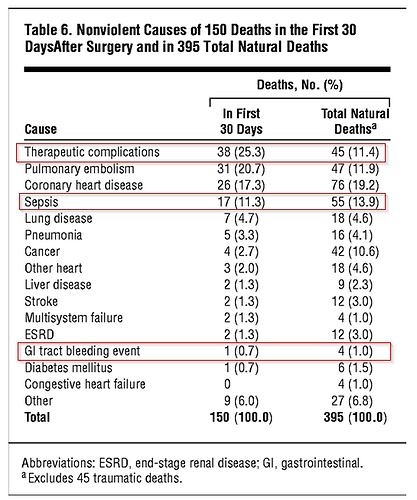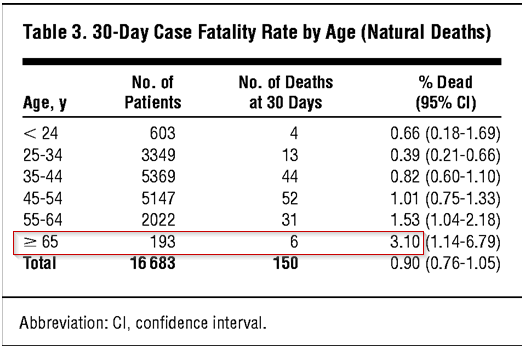The first rule of extended fasting is that you should never tell anybody that you’re fasting. They will think you’re crazy. You’ll probably also hear things like, “That can’t be good for you”, or “isn’t that dangerous?”.
I don’t think that fasting is risk free, and I think it should be approached with thoughtfulness, caution, and careful adherence to best practices, but I don’t think it’s particularly dangerous compared to the alternatives if you’re morbidly obese like I was (BMI >40).
I consulted with a bariatrician who avised me that extended fasting was extremely dangerous and recommended that I stop keto immediately and work with their nutritionist to learn how to implement the DASH diet (High Carb Ultra Low Fat). I asked what her success rate with the diet was, and what percentage were able to reduce their weight and avoid bariatric surgery. She couldn’t tell me. I asked if it was even 5%. She couldn’t answer that question. I told her that if the best she could offer was recommending a diet with a 95% failure rate, that would lead to a $25,000 surgery, I needed some time to think over my options. I’m glad I did.
Here is an interesting study on the “safe” route (bariatric surgery) recommended by the solemn folks in white coats. This study covers the death rate of patients of bariatric surgery in the 5 years of post-op
and catalogues the causes of death for the state of Pennsylvania from 1995-2004. It’s startling.
Loads to unpack here, but I’ve got a busy day and not much time. Here are two charts that should raise some eyebrows. The 30 day death rate is around 1% which is horrifying. Don’t worry though kids, when you die of gastrointestinal bleeding within 30 days of a bariatric surgery, that’s “natural causes”. That tells you everything you need to know about how objective the report is, but the data is so truly shocking, even with a whitewash it’s pretty grim. When you consider that there were 16,683 surgeries, and the dollar value of that with surgery cost and post care is conservatively $50,000 per patient, you realize that they made $834,150,000 in the process. That’s just Pennsylvania, and the rate of bariatric surgery is growing exponentially.
When I first got into fasting, I read the medical literature regarding the death rate and complications for patients undergoing medically supervised fasting. It was actually a pretty common mode of treatment from from 1960-1980. I found about 20 something deaths in total. That’s about when bariatric surgery started to grow exponentially.
It makes me wonder, was fasting abandoned in the treatment of morbid obesity because it was dangerous, or because bariatric surgery takes 2 hours, pays $25,000 and creates a lifetime income stream from post-op care and complications. There’s about a billion dollars in PA that suggest the latter.
It’s something to think about the next time you see someone in a white coat solemnly warn against the “dangers” of extended fasting. Read the study!
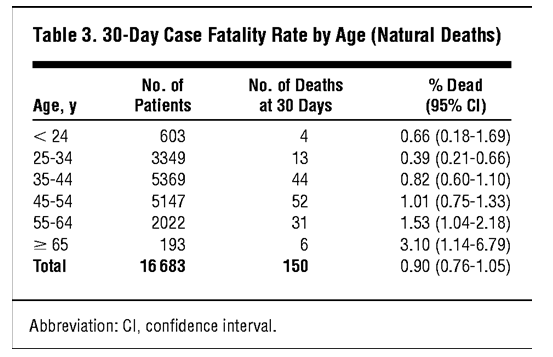
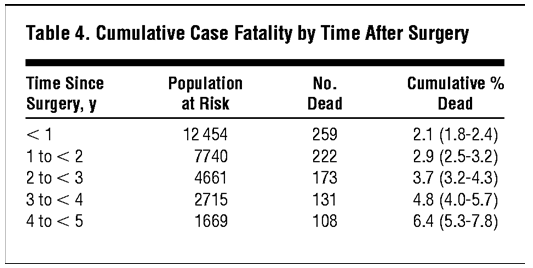

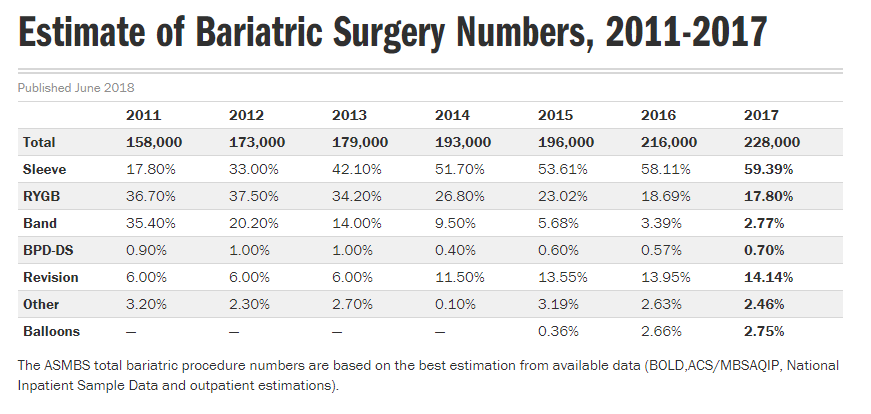


 I’ve edited the OP to include it, but here it is in case anyone wants to read it
I’ve edited the OP to include it, but here it is in case anyone wants to read it